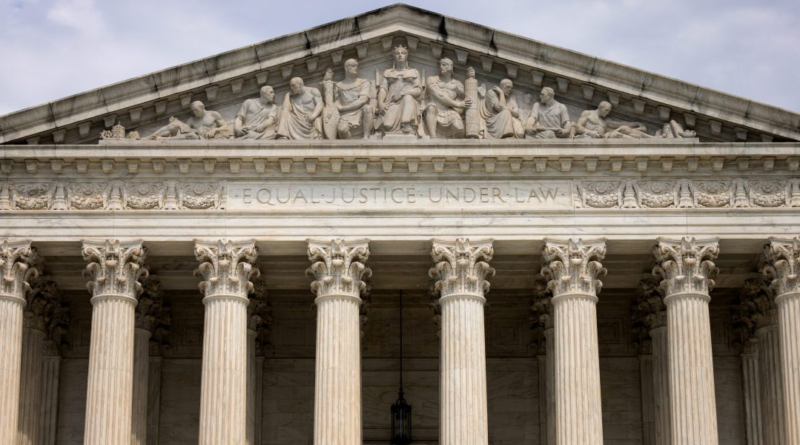Supreme Court overturning ‘Chevron’ decision could change banking regulation forever
The Supreme Court today overruled a decades-old decision that let judges defer to a regulator’s interpretation of complex statutes, so long as the court deemed the interpretation reasonable.
The decision in Loper Bright Enterprises et al v. Raimondo, Secretary of Commerce came by a vote of 6-3. It is not retroactive.
Justices wrote in the decision, referring to the Administrative Procedure Act, which governs how federal agencies handle regulations, that it “requires courts to exercise their independent judgment in deciding whether an agency has acted within its statutory authority, and courts may not defer to an agency interpretation of the law simply because a statute is ambiguous; Chevron is overruled.”
A spokesperson for the Consumer Financial Protection Bureau, an independent U.S. agency responsible for consumer protection, tells Fortune they are reviewing the decision.
While the decision whether to overturn the 1984 case Chevron, U.S.A., Inc. v. Natural Resources Defense Council will take years to fully evaluate, the banking sector is certainly to be among the hardest hit, with agencies including the Federal Reserve System, the Federal Deposit Insurance Corporation, the Office of the Comptroller of the Currency, and the Consumer Financial Protection Bureau all likely scrambling to see how it will impact them.
A statement from Lindsey Johnson, CEO of the Consumer Bankers Association, an advocate of lighter regulation, jumped at the chance to blame regulatory overreach for the decision, adding that what it characterized as a “historic decision” will take “years to unfold across not just the financial regulatory landscape.”
”We would not be at this point today if government agencies were more prudent and consistent about staying within their statutory authorities, grounding their rule makings in empirical facts, and heeding appropriate procedural safeguards,” Johnson said in a statement. “Instead, too frequently, our regulators appear to be chasing headlines and short-term political wins.”
Rob Nichols, president and CEO of the American Bankers Association, released a statement saying his advocacy group for small-, medium- and large-size banks was still reviewing the full implications of of the decision, but he took a similar stance to the CBA’s.
“The ruling sends a crystal-clear message to federal agencies that their powers are not unlimited,” he wrote. “This is an important win for accountability and predictability at a time when agencies are unleashing a tsunami of regulation—in many cases clearly exceeding their statutory authority while making it harder for banks to serve their customers. We will continue to fight to ensure that bank regulators follow the law every time they exercise their powers.”
The CBA statement further says it expects that agency actions that “lack a clear delegation of authority from Congress” will be increasingly easy to defeat in legal battles as a result of today’s decision.
In February 2020 New Jersey–based Loper Bright Enterprises filed a lawsuit in the United States District Court for the District of Columbia alleging that an ambiguously worded act providing management for some U.S. fisheries does not give the National Marine Fisheries Service the right to require onboard monitoring of its vessels. The case ended up going before the Supreme Court this January.
____________________
This story has been updated with a response from the CFPB and additional background on the case.




